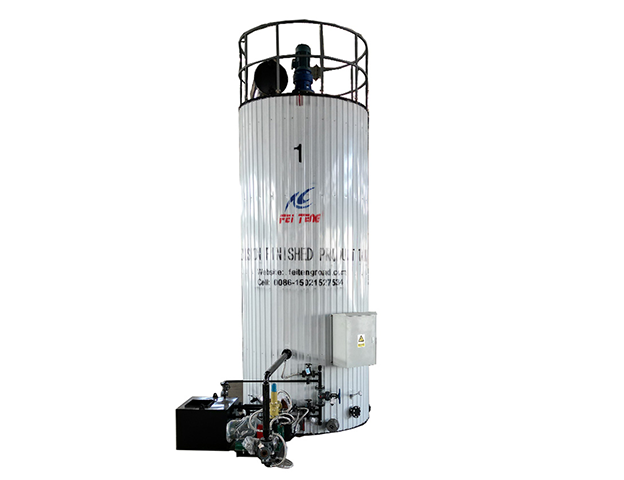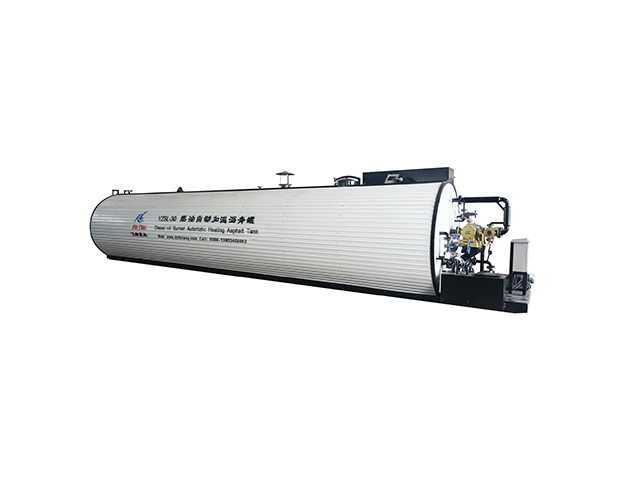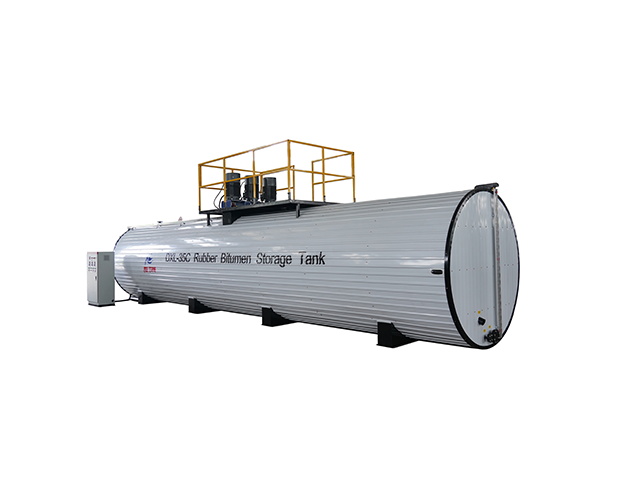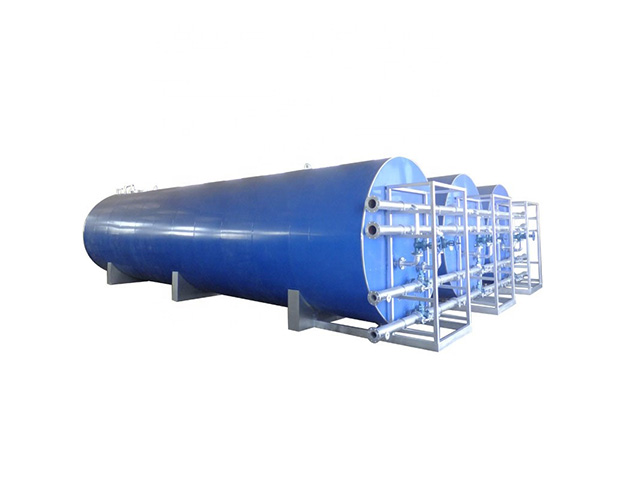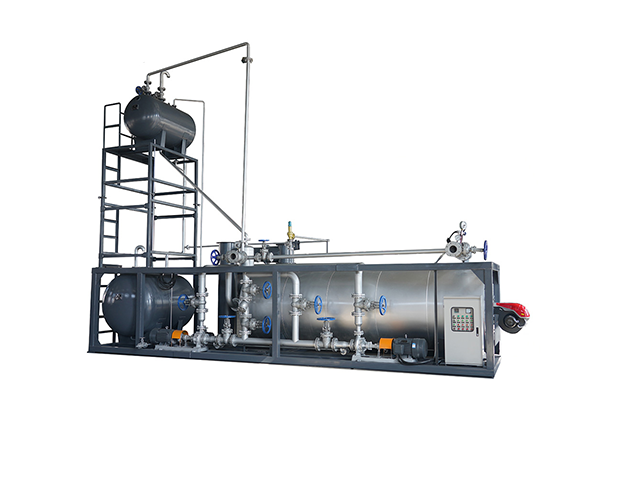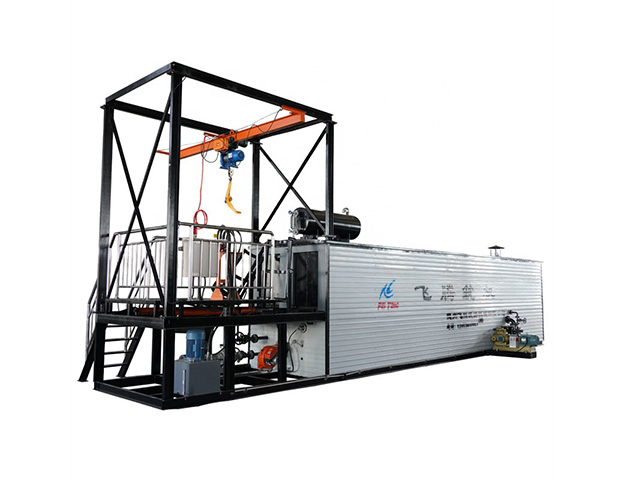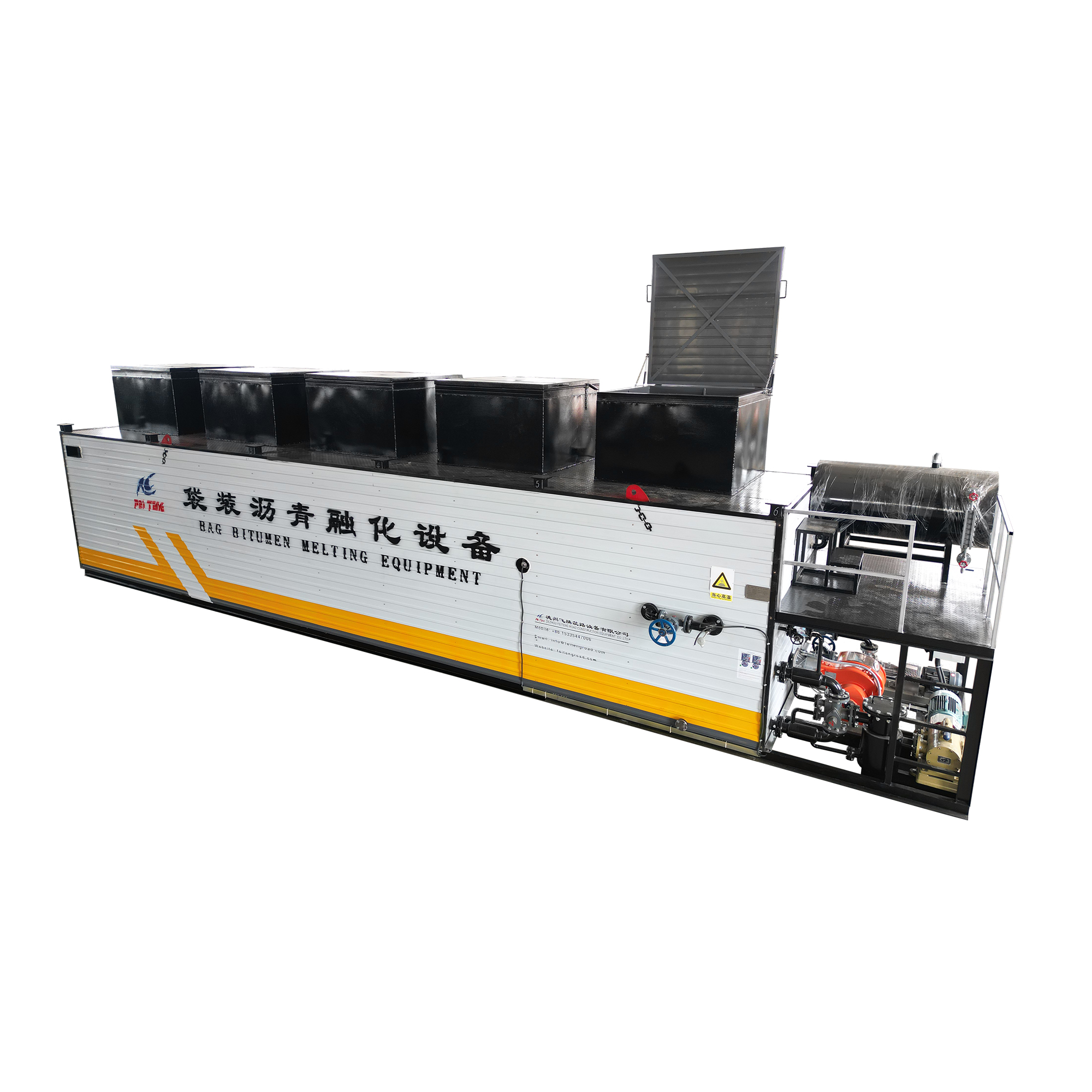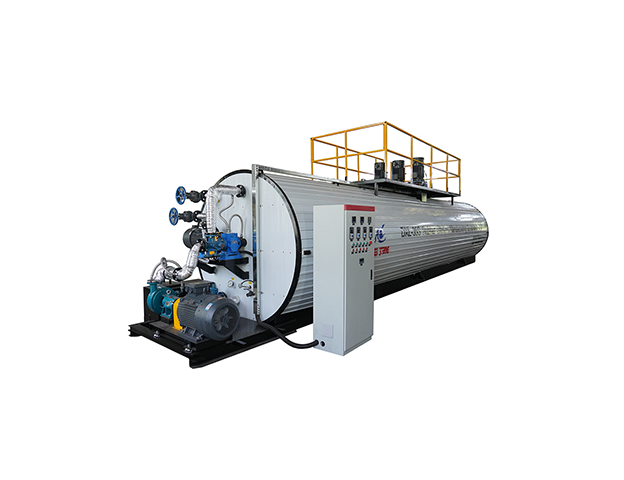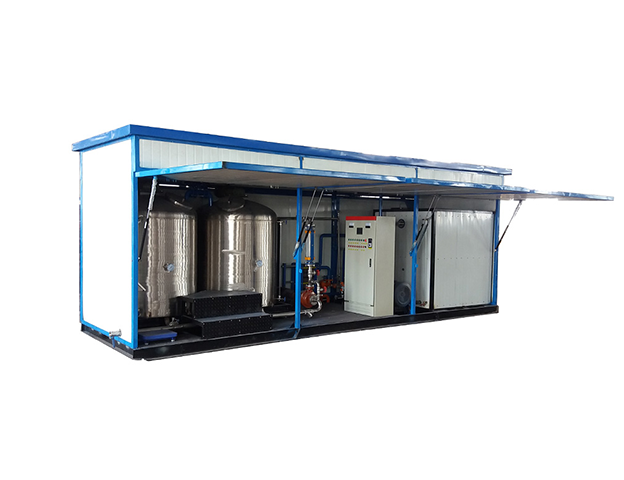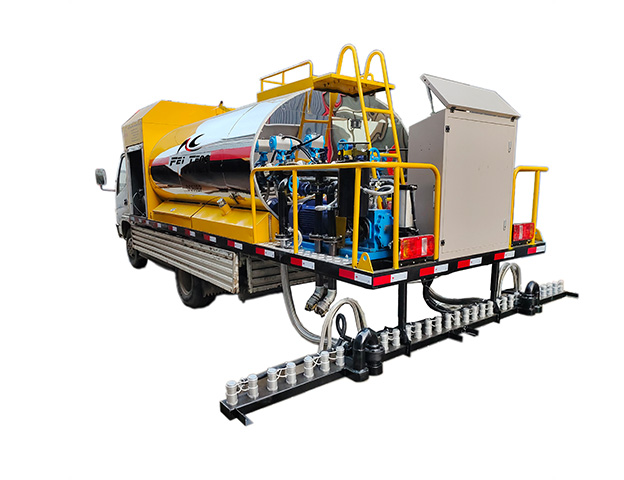As global infrastructure expands, road construction methods are evolving to meet higher standards of efficiency, durability, and sustainability. Among the innovations reshaping the industry, asphalt emulsion has become one of the most widely adopted materials. Thanks to its versatility and environmental benefits, it is now a key choice for road maintenance and surface treatments across the world.
What is Asphalt Emulsion?
Asphalt emulsion is a mixture of bitumen, water, and emulsifying agents. Unlike traditional hot bitumen, it does not require high temperatures during application, making it safer, easier to handle, and more environmentally friendly. This property makes asphalt emulsion particularly suitable for a wide range of road construction and maintenance techniques.
Key Applications of Asphalt Emulsion
1. Thin Wearing Course
Applying a thin layer of asphalt emulsion provides skid resistance and seals the pavement surface. It prevents water infiltration, delays cracking, and extends the lifespan of roads at relatively low cost.
2. Chip Seal
Chip sealing combines asphalt emulsion with aggregates, creating a strong and wear-resistant surface. This method is widely used in rural and secondary roads, offering a balance between performance and affordability.
3. Cape Seal
A cape seal is created by applying a chip seal followed by a slurry seal. This dual-layer system significantly improves surface durability, ride comfort, and appearance.
4. Pothole Repair
Asphalt emulsion is ideal for quick and effective pothole repair. It bonds well with existing surfaces and ensures long-lasting results, minimizing disruptions to traffic.
5. Microsurfacing
Microsurfacing involves applying a mixture of asphalt emulsion, mineral fillers, and fine aggregates. It provides a uniform, skid-resistant surface that restores smoothness while preventing future pavement damage.
6. Tack and Prime Coats
Asphalt emulsion is widely used for tack coats (to bond layers of asphalt together) and prime coats (to prepare the base for pavement). This ensures structural strength and long-term pavement performance.
Advantages of Using Asphalt Emulsion
-
Energy Saving – Since heating to high temperatures is unnecessary, asphalt emulsion reduces fuel consumption.
-
Eco-Friendly – With lower emissions and less environmental impact, it supports sustainable road construction.
-
Cost-Effective – Lower energy usage and simplified logistics translate into significant savings for contractors.
-
Safety – Reduced risk of burns and fire makes it safer for construction crews.
-
Strong Adhesion – Excellent bonding properties ensure reliable results across different road conditions.
-
Versatilidad – Suitable for both maintenance and new construction in diverse climates.
Asphalt Emulsion in Global Road Projects
Today, asphalt emulsion is widely applied in North America, Europe, Asia, and Africa. Countries with growing infrastructure needs prefer it because it lowers project costs while meeting international quality standards. In many cases, governments and contractors choose emulsified asphalt as part of their sustainable development strategies.
Conclusión
Asphalt emulsion is more than just an alternative to hot bitumen—it is a modern solution that combines performance, safety, and sustainability. Whether for preventive maintenance or large-scale construction, its role in global infrastructure will only continue to expand.
If your projects require reliable asphalt emulsion equipment, Feiteng provides complete solutions for emulsified bitumen production and storage systems.

